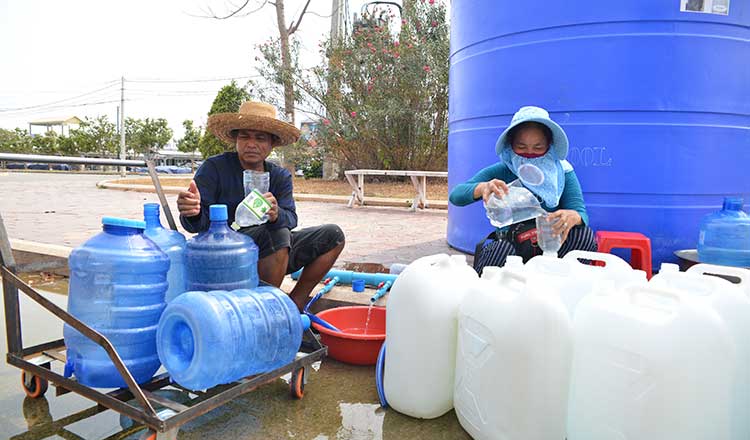As Covid-19 continues to ravage the world, China takes the lead in freeing itself from the ordeal by controlling the pandemic and pushing its businesses to restore production to normalise economy. Compared with the damages seen in the United States and other European countries, China’s victory against Covid-19 is astonishing, and the market has high hopes about China’s economic recovery.
For the latest Cambodian Business news, visit Khmer Times Business
There is no doubt that the resumption and the restarting of manufacturing and services activities has revitalised various industrial links. It has created many job opportunities for industrial workers. Local governments have done much to resume production. One can only imagine how daunting it can be to help to assimilate hundreds of millions of workers back into their jobs.
However, things are not always that simple. Just because China has successfully freed itself from the pandemic, it doesn’t necessarily mean that its economy will return to normal. The same goes for resumption in individual industrial link, industrial and supply chains included. It should be noted that those who fared better in the current resumption are typically large and medium sized enterprises, specific ones that is, and that their recovery does not reflect the market’s overall recovery either. For small and micro enterprises, it is much more difficult to resume operations as per usual than previously estimated.
The above example shows that under the backdrop of reduced overseas demand, the withdrawal of orders, and the interruption of global supply chains, business resumptions in China are merely part of a link, hence the industrial chain’s recovery will not necessarily guarantee economic recovery itself. Researchers at anbound believe that if the policy department cannot provide tax cuts, financial support or interest-free loans to small and medium-sized enterprises, the only effective policy would be to encourage small and medium sized enterprises, especially those affected by the global market, to force their employees to go on unpaid leave and freeze their businesses. Compared with a blind attempt at enabling resumption, at least such a policy will ensure the “chickens can continue laying eggs” or some degree of survivability. While this may cause unemployment to spike suddenly and cause certain employment pressure short term, the enterprises will survive. They can wait for the market to pick up again before starting all over. If enterprises are forced to resume work without being able to lay off their employees, then they can only survive for a shorter time, which is worse off for everyone.
Therefore, China should remain calm while dealing with the policy and enforce resumption by situation, or the consequences will be severe. Just to give a picture of how bad things are… some companies are already facing a large number of accumulated products, they are running low on funds and are given little to zero assistance. Coupled with the heavy burden of employee salaries and the cost of invalid operations, they will be put out of business sooner if they were forced to resume production. This is because they will be spending their operating funds more quickly than they can count.
China think tank Anbound has repeatedly stressed that the pandemic-caused economic crisis may last up to two years and it is unrealistic to flip the economy in a V-shaped manner on a macro level. The Union of European Football Associations (UEFA) even believes that the impact is expected to linger for three years and Japan has the 2021 Olympics until next year. It can’t be stated enough that an economic resumption following a sudden brake is not just a single company’s problem. In fact, any company must wait for the links in the entire supply chain to be reestablished before anything else can follow suit. As long as there is a problem or a delay in a link, the entire chain will fall. Put simply, resumption is a process of restructuring production. It is highly complicated and time-consuming. To that end, we suggest that policy departments respond appropriately and reasonably to economic recovery, instead of demanding resumption blindly. As it stands, there is not much time on hand to solve the problem.
The resumption of businesses will serve as a key indicator for China’s post-pandemic economic recovery. It is also a part of the economic recovery plan that many local governments and departments are working hard to promote. However, the pandemic, the interruption of global supply chains and changes in overseas market demand have raised new challenges to the attempt. To sum it up, China must keep calm in the face of resuming production, instead of adopting a one-size-fits-all approach. It should introduce a series of flexible policies to preserve the industrial ecology composed of small and medium sized enterprises and maintain their position as market players for future economic recovery.
The author, He Jun, is partner, director of China Macro-Economic Research Team and senior researcher. His research field covers China’s macro-economy, energy industry and public policy




